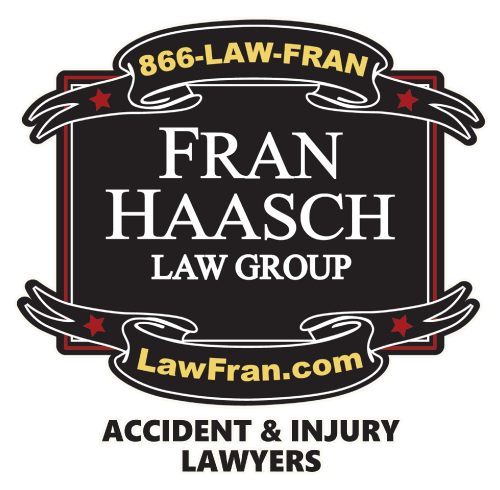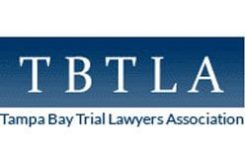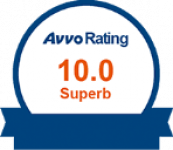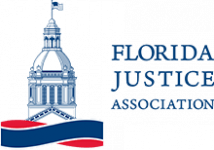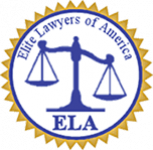A health insurance lien, also called a subrogation interest or a right of reimbursement is a claim filed by a health insurance company or federal or state program, against the proceeds of a personal injury settlement. The purpose of the lien is to recoup money that the health insurer paid out for your medical treatment related to the accident.
Most health insurance providers include language in their policy that entitles them to claim a health insurance lien. If this is in your policy, you would have agreed to reimbursement when you signed the policy. Unfortunately, most people are not aware of what language their health insurance provider included in the policy or the legal effects it may have.
This is especially the case in instances where Medicare, Medicaid, or other federal or state program that helps with healthcare costs. In fact, most of our clients are not aware of the lien until after they’ve suffered an injury.
At The Fran Haasch Law Group, our personal injury attorneys have experience dealing with health insurance liens. We will work with you and your health insurance company to ensure you get the full settlement you deserve.
Here’s what you need to know about liens on your personal injury settlement.
How a Lien Affects Your Personal Injury Settlement
If you have health insurance, your insurer has a right to be reimbursed from your personal injury settlement for the medical expenses paid on your behalf. The amount of the lien generally depends on the terms of your health insurance policy.
Read Your Health Insurance Policy Carefully
Never assume that your health insurance carrier has a lien. Some health insurance carriers claim to have a lien even when the policy does not provide for that right.
Read your policy or share it with your attorney to ensure the policy authorizes a lien. Your policy should outline what health insurance lien your health insurer has on your settlement proceeds.
Your Health Insurance Company Can Only Recover Payments for Medical Treatment Related to Your Claim
It is important to note that your health insurance company can only recover payments for medical care related to your injury claim. For example, if you were in a car accident and received treatment for injuries sustained in the accident, your health insurer could file a lien against your injury settlement.
However, if you received treatment for a pre-existing condition unrelated to the accident, your health insurer could not file a lien against your personal injury settlement.
Liability and Insurance Coverage in Health Insurance Liens
In some cases, there may be more than one person at fault for your accident. In these instances, the jury will assign each party a percentage of fault. This is called comparative negligence in Florida. Health insurance companies should then reduce the lien to account for the fact that you (the injured person) are not receiving 100% compensation.
For example, if the other party is assigned 50% fault, the lien holder must also not receive more than 50% of their lien.
Additionally, when the amount of available insurance limits recovery, health insurance carriers must consider the total value of the claim if there has been a full recovery and adjust their collection efforts accordingly.
Florida Statute 768.76(5) requires the court to “give consideration to any offset in the amount of settlement or judgment for any comparative negligence of the claimant, limitations in the amount of liability insurance coverage available to the tortfeasor, or any other mitigating factors which the court deems equitable and appropriate under the circumstances.”
Liens Cannot Increase After the Date of Settlement or Judgment
Once you settle your personal injury claim or receive a judgment in court, the amount of the health insurance lien cannot increase. (768.76(8))
What If I Have Personal Injury Protection (PIP) Insurance?
Florida law requires all drivers to carry $10,000 in PIP coverage. With this coverage, your insurer will pay 80% of your medical bills up to $10,000. Once your limit is met, you will be responsible for the 20% PIP did not pay.
If you were in a car accident and suffered $20,000 in medical bills, your PIP insurer would pay $10,000, and you would be responsible for the remaining $10,000. If you have health insurance, you may use it to cover the remaining $10,000. In this case, your health insurer may be able to file a lien against your personal injury settlement for the $10,000 (or lower) it paid for on your behalf.
Contact a Personal Injury Attorney
If you have questions about health insurance liens and personal injury settlements, contact an experienced personal injury attorney. An attorney can help you understand your rights and options.
At The Fran Haasch Law Group, we are committed to fighting for your fair recovery. We strive to help injured individuals and the loved ones of those wrongfully killed secure the full, fair recovery they are owed. We offer dedicated legal representation for accident victims.
If you feel you have been the victim of an accident through no fault of your own. Our attorneys are prepared to help you navigate the legal process and work toward securing the maximum compensation you are owed. Call (727) 784-8191 or contact us online to get started on receiving maximum compensation for your personal injury case.
